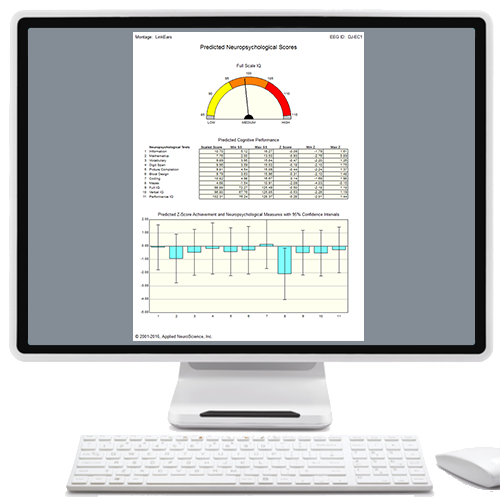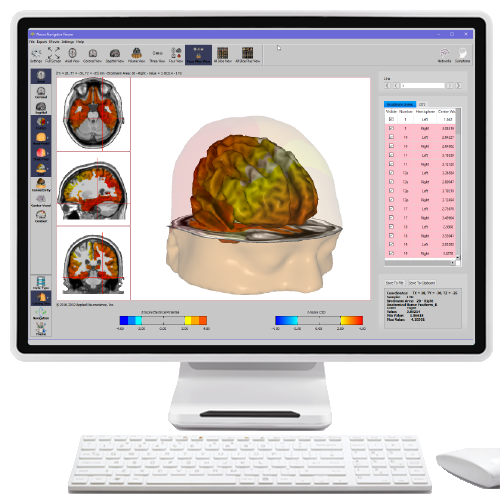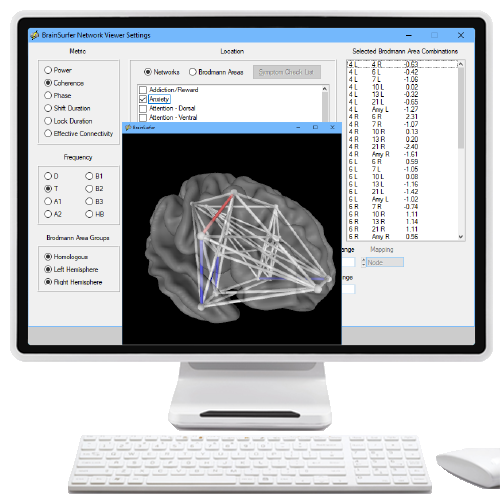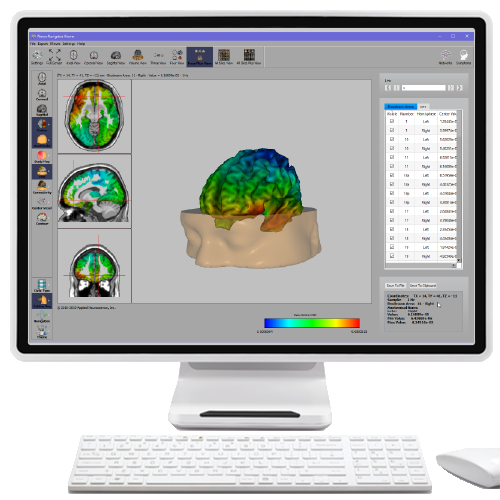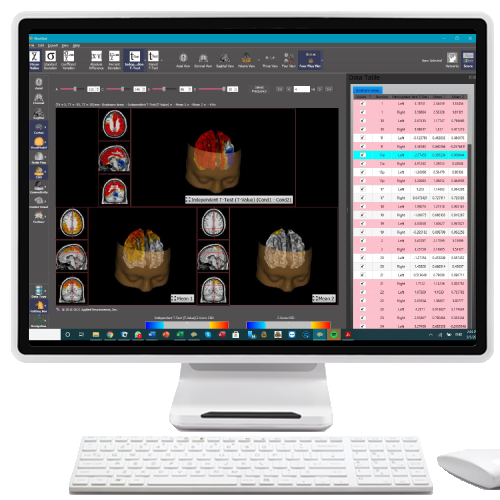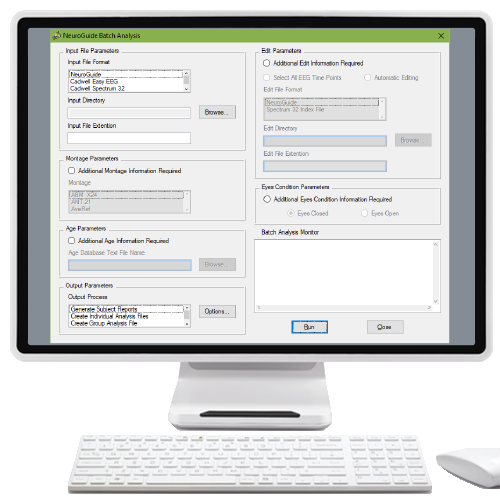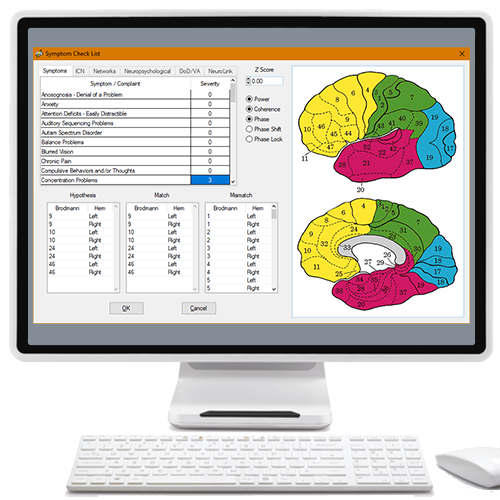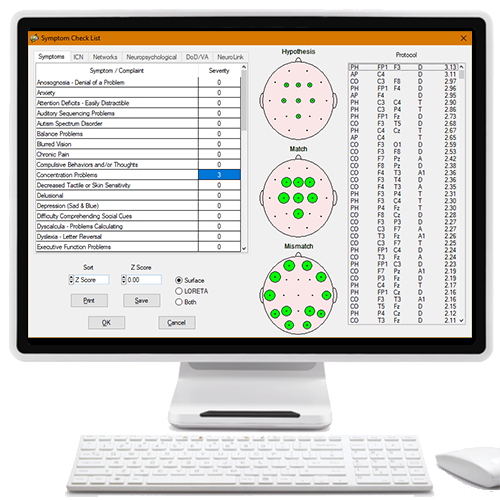The Brain Performance Index (BPI) is an estimate of the efficiency of neural resource allocation and it is not designed to replace a neuropsychological test but rather to compliment neuropsychological evaluations especially where a patient has problems taking a conventional neuropsychological test or when one wants to rapidly repeat the test. Should only be used with clients between the ages of 5 and 18 years of old.
Brain Performance Index
$1,500.00
Description
The Brain Performance Index
The Brain Performance Index (BPI) is an estimate of the efficiency of neural resource allocation and it is not designed to replace a neuropsychological test but rather to compliment neuropsychological evaluations especially where a patient has problems taking a conventional neuropsychological test or when one wants to rapidly repeat the test. The Wechsler Intelligence test (i.e., mazes, coding, block design, digit span, picture completion, math, vocabulary, verbal I.Q., performance I.Q., full scale I.Q) and the EEG was recorded from 19 channels with a linked ears reference in the eyes closed condition from 339 normal control subjects, age 6 to 18 years of age. EEG variables that correlated at P < .01 were entered into a multivariate regression analysis called the Brain Performance Index (BPI) in which individual neuropsychological sub-tests were the dependent variable and EEG Phase delays, EEG coherence, EEG amplitude asymmetry and EEG power were the independent variables. The multivariate regression equations, referred to as the Predicted Neuropsychological Score (PNS) also computes the + and – 95% confidence band as a EEG prediction of performance on each neuropsychological test. The correlation to I.Q. was approximately 0.58 and involved short time delays between the frontal lobes and the rest of the brain (faster resource allocation, elevated power (more energy) and lower coherence (high complexity). These three combined measures give rise to an overall prediction of the efficiency of neural resource allocation.

